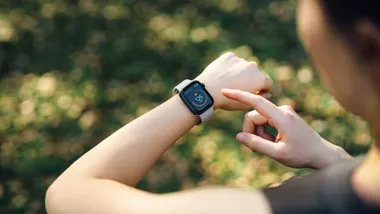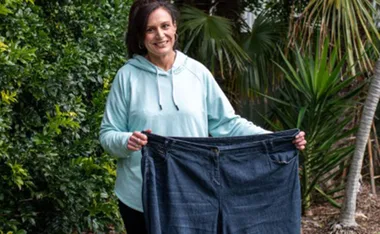Question: Are there greater benefits in eating whole foods as compared to taking nutritional supplements?
Answer:
Supplements can’t supply all the nutrients in food. Food is very complex. Whole foods such as fruits, vegetables, nuts, legumes and wholegrain breads and cereals contain thousands of phytonutrients that can interact with each other in positive ways. When you isolate nutrients from a food you lose these benefits. For example, by just taking a vitamin C tablet instead of eating an orange you can miss out on all the other ‘goodies’ in oranges such as fibre and antioxidants.
Whole foods provide a balanced nutrient intake. The amount of various nutrients in foods is naturally balanced. Supplements often contain very large doses of a few nutrients that can upset the balance in the body and may even be harmful. For example, excessive vitamin A intake during pregnancy may cause birth deformities.
Supplements don’t taste as good as food. Eating is an enjoyable social experience and supplements can reduce one of life’s greatest pleasures! However, there are instances where a supplement may be needed in addition to a varied diet. They may be appropriate for certain groups of people – pregnant women, vegans, those recovering from serious illness or with a medical condition such as Coeliac disease. Please consult n your doctor or an Accredited Practising Dietitian if you think you may need to supplement you or your child’s diet.Nutritional information supplied by The Sanitarium Nutrition ServiceYOUR SAY: Do you think kids or adults need to take a multivitamin each day? If you have used supplements, have you found them to be beneficial? Share with us below…
Nutritional information supplied by The Sanitarium Nutrition Service











